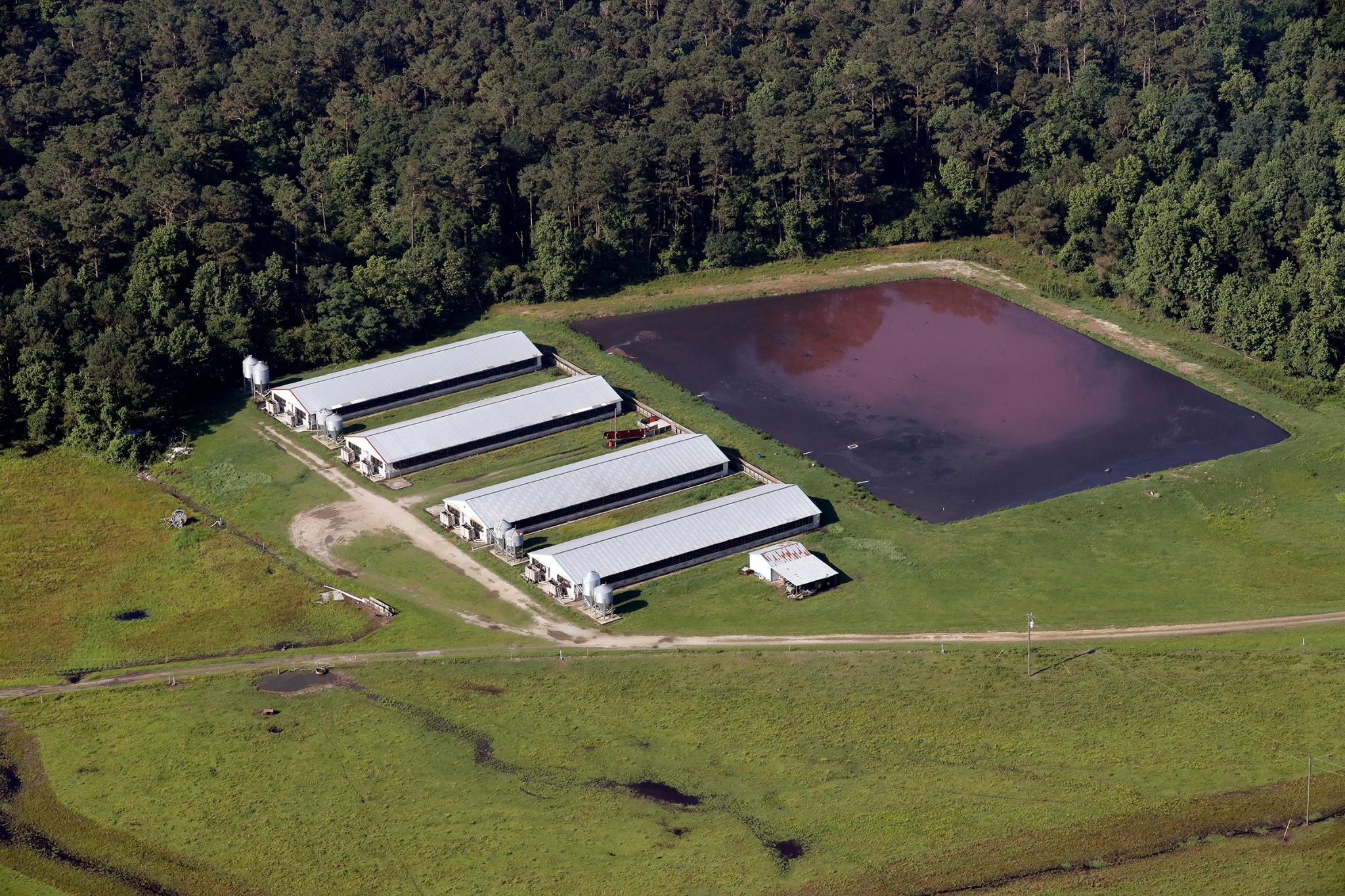Battle Over Hog Farm Regulations: NC Farm Bureau Challenges Environmental Safeguards in Supreme Court Showdown

In a potentially landmark decision, the North Carolina Supreme Court is poised to review and potentially block the enforcement of three critical provisions within the state's general permits for concentrated animal feeding operations (CAFOs). This legal examination could have significant implications for agricultural regulations and environmental protections in the state.
The court's upcoming deliberation focuses on specific permit provisions that currently govern large-scale animal farming operations. Legal experts suggest that the ruling could reshape how these industrial agricultural facilities are regulated, potentially setting a precedent for environmental oversight and community protection.
At stake are regulatory guidelines that directly impact how concentrated animal feeding operations conduct their business, manage waste, and interact with surrounding communities. The Supreme Court's decision could introduce stricter environmental safeguards or potentially modify existing permit requirements that have long been controversial among environmental advocates and agricultural industry representatives.
Stakeholders from both environmental groups and agricultural industries are closely watching this judicial review, understanding that the outcome could have far-reaching consequences for North Carolina's farming landscape and environmental policy.
